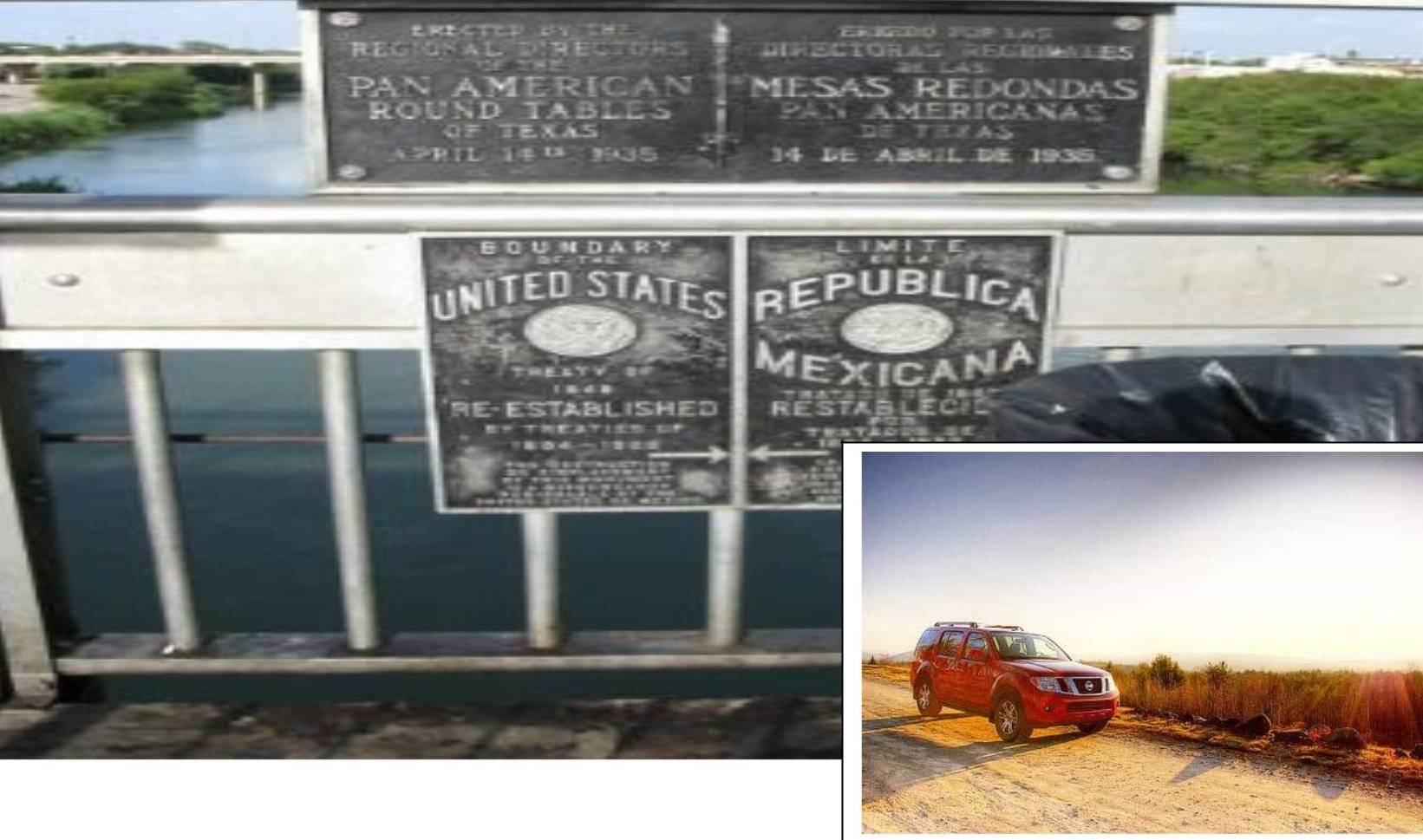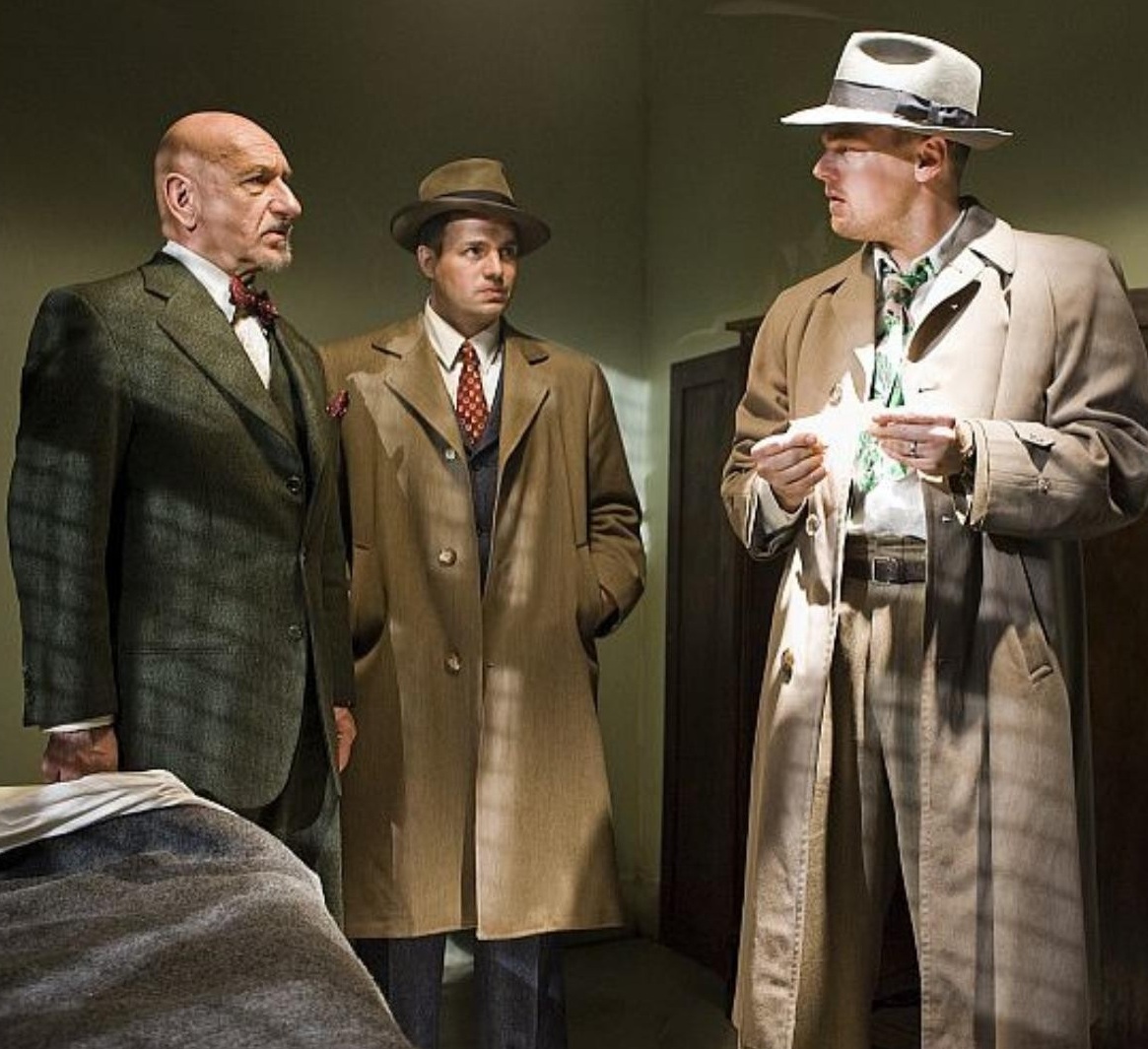By Tommy Clarkson from the March 2010 Edition
Many of us of the maturing set, (read “old cusses”), grew up hearing our parents and grandparents employ a variety of rather strange, if not incomprehensible, expressions that we picked up and have also long used. However, now years later, we all too often find that we really aren’t all that sure of the exact meaning, let alone origin, of such sayings.
I well remember my mother’s mother, “Grammy” to my cousins and me, our tiny, bundle of endless love, attention and great cookies saying, “Well, now I’m in a pickle.” By its usage, early on, we were able to reasonably ascertain that this meant she was in a “quandary or difficult position”. But just how did such expression come to be?
It would appear that the phrase may be an allusion regarding a “state of disarray, disorientation or confusion”, such as the case would be for the variety of vegetables often included with pickles. Another source cites its origin as based on the 16th century expression, “de pekel zitten” – “pekel” being the brine or vinegar in which food was prepared. Now how or why one might come to sit in such is anyone’s conjecture!
Yet another “in” expression heard much less these days is that of being “In fine fettle.” “Fettle’, it seems, is an old word meaning “condition, order or state”. The Old English word for belt was fetel. Thus, to be “in fine fetel” meant to “gird oneself up, as for an important task”.
How about that rebuke some of us received as children to “Mind your own bee’s wax?”
Well, it seems that this, increasingly arcane, expression comes from the days when smallpox was a regular disfigurement. As a result, ladies filled their facial pocks with beeswax, which when faced (no pun intended) with warm weather, worrisomely, might melt. However, inasmuch as it was not proper for one lady to tell another that her makeup required attention, to “mind your own bee’s wax” came into being.
A word from my youth that never fails to make me smile is “persnickety”. According to Merriam-Webster’s dictionary it means – heck I understood that as a five year old! to be “fussy about small details or fastidious such as a persnickety teacher”. The example of which calls to mind Miss Marsina Pettijohn, my high school English teacher, who cultivated my appreciation for writing and imbued me with a sense of appreciation for the correct utilization of my tools – the words I use. (OK, OK, so I sometimes fail on the latter!) But, before you throw a “conniption fit”, let’s return to the subject of this meander, those more archaic words/expressions from our early days.
Let’s address that last phrase. To “throw a conniption (or hissy/hissie) fit” was, simply, the condition of a violent, emotional, verbal outburst that might be accompanied by overt bodily gestures. So, let’s strive to avoid as many of these as possible, please!
One phrase still occasionally encountered is to be “flabbergasted.” Simply enough, that means to be “struck dumb with astonishment and surprise” . . . like Patty did when she truly shocked me with a huge, unexpected, birthday party attended by many friends!
How about when we were told to “keep your eyes peeled.” As a child, I understood the intent of this, but it still conjured up potential pain!
Michael Quinion, who writes about the English language, provided a good answer. Apparently, it comes from the 17th century word, “pil” that was commonly spelled peel which meant “to remove or strip” (in the weakened sense) an outer covering, such as from a fruit. Thus, it took on the figurative sense of keeping alert, by removing any covering of the eye that might impede vision.
Those who are familiar with our shared enjoyment of a good Texas Hold ’em game will appreciate this last phrase. “The buck stops here” was brought to the common lexicon of the US citizenry by President Harry Truman in the early 1950’s. Though money was involved, contrary to what many think the dollar bill is not the object of the phrase!
It is said to have had its origin in the frontier days of poker. A marker, indicating whose deal it was, frequently was a knife with a buckhorn handle. If the player did not wish to deal he (mostly male poker players in those days ya’ know) could pass the responsibility by passing the “buck.” Ultimately, it came to mean a promise of no more excuses made and that the invoker of the expression meant it to show their taking of responsibility for things – rather than pass them on.
So, along with the buck, I stop here!
Download the full edition or view it online
—
Tommy Clarkson is a bit of a renaissance man. He’s lived and worked in locales as disparate as the 1.2 square mile island of Kwajalein to war-torn Iraq, from aboard he and Patty’s boat berthed out of Sea Bright, NJ to Thailand, Germany, Hawaii and Viet Nam; He’s taught classes and courses on creative writing and mass communications from the elementary grades to graduate level; He’s spoken to a wide array of meetings, conferences and assemblages on topics as varied as Buddhism, strategic marketing and tropical plants; In the latter category he and Patty’s recently book, “The Civilized Jungle” – written for the lay gardener – has been heralded as “the best tropical plant book in the last ten years”; And, according to Trip Advisor, their spectacular tropical creation – Ola Brisa Gardens – is the “Number One Tour destination in Manzanillo”.




